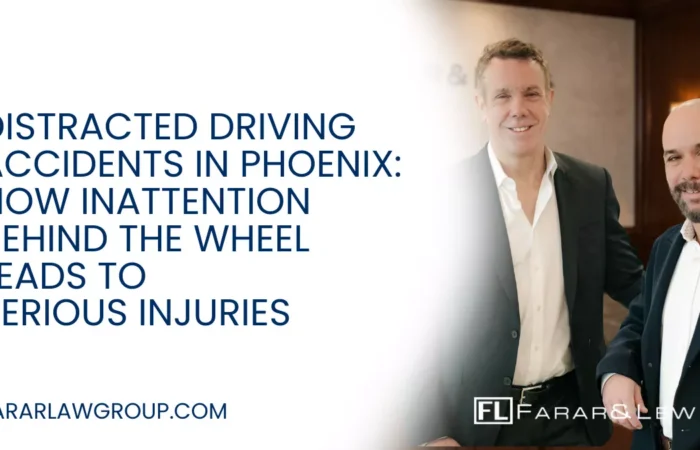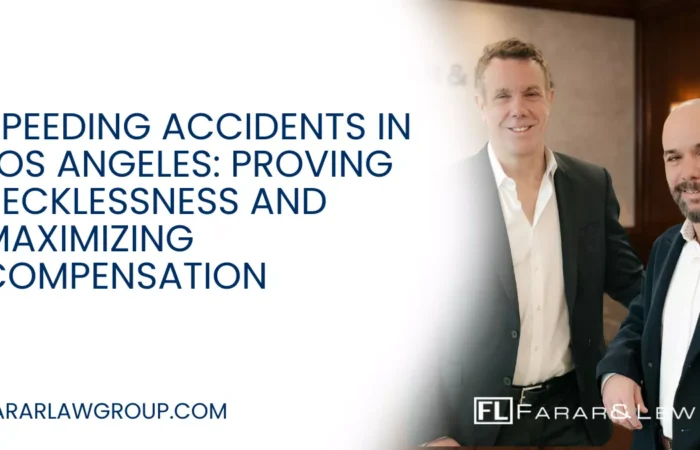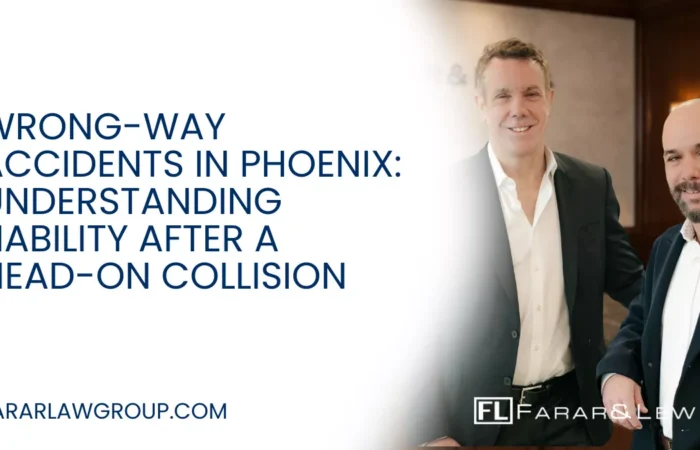Car accidents are an increasingly commonplace occurrence on our nation’s roadways. In fact, according to the website Driverknowledge.com, there are more than 6 million automobile crashes in the country each year injuring more than 3 million people. We always tend to worry about the other guy, but with these many accidents, it is not out of the question to find yourself wondering if you played any role in causing the accident you are involved. What then?
Liability
Ultimately, whether a car accident case gets settled by insurance or ends up in court, the primary issue is liability. That is, which driver was at fault in the accident.
Immediately after the Accident
In our early driver training and throughout our many years behind the wheel, we all know the proper protocol when involved in an accident. Of course the immediate priority is attending to the medical needs of whoever has been injured by the crash. Once that has been accomplished and the accident scene is otherwise relatively safe, we all know it is legally required to exchange basic information with the other driver. But it should be emphasized that basic information is all you should share.
Speaking with the Other Driver
Most of us are truly remorseful an accident occurred, even if we believe it was not our fault. However, if you think the accident was at least partly your fault, you may seem apologetic and actually verbally express to the other driver just such a sentiment. This can be a costly mistake.
First of all, you may be in a mild state of shock and not fully cognizant. Secondly, you may not know exactly what happened. The typical car crash occurs quickly, perceptions are altered and it takes some time to process the entirety of all the events. The bottom line is that just simply saying, “I’m sorry,” even if your only saying you wish the accident had never happened, can be interpreted as an admission of liability.
Speaking with the Insurance Adjuster
The vast majority of auto accident cases result in filing an insurance claim, which results in an insurance adjuster initiating an investigation. If you’re handling the claim yourself, you will at some point need to speak with this person. Again, what you say can have a significant impact on the resolution of your case.
It is not suggested on any level that you lie, but there are ways to state facts that are truthful without embellishment or speculation. Remember, in many instances, you really do not know exactly what happened.
Comparative Negligence
Most jurisdictions have a legal concept know as comparative negligence, whereby each party’s negligence for a given injury is weighed in determining damages. For example, if you are involved in a car accident with another driver and you sustain $50,000 in damages, but it is found you were 20 percent liable for the accident, you final award will be limited to $40,000. The fact that you were partly at fault will likely not be a total bar to recovery.
The Benefits of Legal Representation
If you retain an experienced accident lawyer for your case, you will not need to speak with the adjuster. That will be your lawyer’s job, as well as conducting a thorough investigation of the matter to determine what actually took place. If it is decided that the accident was at least partially your fault, all is not lost.
The bottom line is accidents and the procedures to resolve them are complex matters involving important legal rights. Make sure you protect yours and seek the advice of counsel.


